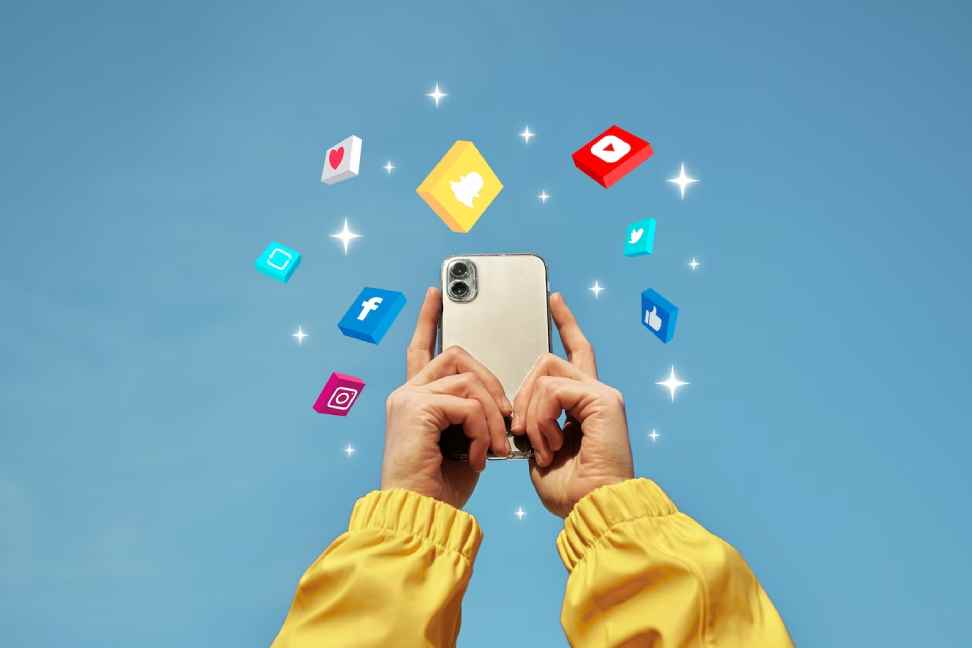11xplay Reddy Login, Betbhai9, T20exchange: Social media platforms have become an integral part of daily life for billions of people around the world. Whether connecting with friends and family, sharing stories and experiences, or staying up-to-date on current events, social media offers a multitude of functionalities to users. From the ubiquitous Facebook and Twitter to visually engaging platforms like Instagram and TikTok, there is a diverse range of options catering to various interests and forms of communication.
The accessibility and convenience of social media have revolutionized the way individuals interact and consume information. With just a few taps on a screen, users can engage in real-time conversations, form communities based on shared interests, and even participate in global movements. The flexibility of being able to connect anytime, anywhere has blurred the lines between personal and professional relationships, creating a virtual space where individuals can express themselves freely and find like-minded individuals.
� Social media platforms have become an integral part of daily life for billions of people around the world
� Connecting with friends and family, sharing stories and experiences, or staying up-to-date on current events are common uses
� Facebook, Twitter, Instagram, and TikTok are just a few examples of popular social media platforms
� The accessibility and convenience of social media have revolutionized the way individuals interact and consume information
� Users can engage in real-time conversations, form communities based on shared interests, and participate in global movements with just a few taps on a screen
Comparison of Online vs. Offline Relationships
Online relationships are typically forged through digital communication platforms, devoid of physical presence and face-to-face interactions. This mode of communication may limit the depth and authenticity of the connection as nonverbal cues and physical interactions play a significant role in establishing a deeper bond between individuals. The absence of in-person contact may hinder the development of trust and emotional intimacy, leading to a somewhat superficial nature of online relationships.
Conversely, offline relationships are built on direct, real-world interactions that allow individuals to connect on a more personal and intimate level. Face-to-face communication enables the exchange of nonverbal cues, such as facial expressions and body language, which contribute to a more profound understanding of one another. The physical presence of individuals in offline relationships fosters a sense of closeness and emotional connection that may be challenging to replicate in an online setting.
Effects of Social Media on Self-Esteem
Social media platforms have become integral parts of many people’s lives, offering connections and interactions with others in ways that were previously unheard of. However, the relentless comparison fostered by seeing carefully manicured versions of other people’s lives can take a toll on one’s self-esteem. Constant exposure to idealized images and lifestyles can lead individuals to question their own worth and desirability in comparison.
The curated nature of social media highlights only the best moments in a person’s life, creating an unrealistic standard for comparison. This can lead individuals to feel inadequate or dissatisfied with their own lives, as they measure themselves against unattainable standards showcased on various platforms. The impact of this comparison game can be profound, affecting self-esteem and confidence levels in a world where validation often comes in the form of likes and comments.
How does social media usage impact self-esteem?
Social media usage can have both positive and negative effects on self-esteem. While it can provide a platform for self-expression and connection with others, it can also lead to comparison, feelings of inadequacy, and a distorted sense of reality.
Are online relationships as fulfilling as offline relationships?
Bet365 ID, Play247 Online, Iceexchange: Online relationships can be fulfilling in their own way, but they may lack the depth and intimacy of offline relationships. It’s important to strike a balance between online and offline interactions to maintain healthy relationships and self-esteem.
How can social media users protect their self-esteem?
To protect their self-esteem, social media users can limit their time spent on social platforms, curate their online feed to follow positive influences, practice self-care and self-compassion, and be mindful of their online interactions and comparisons.

